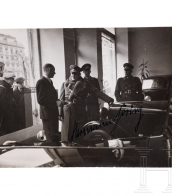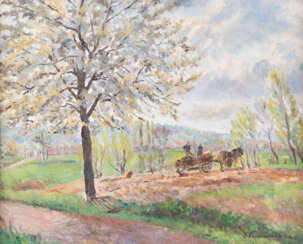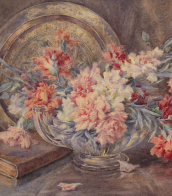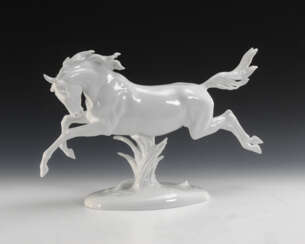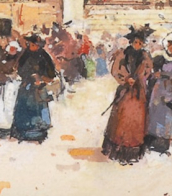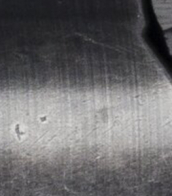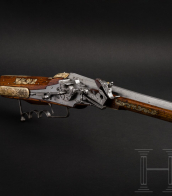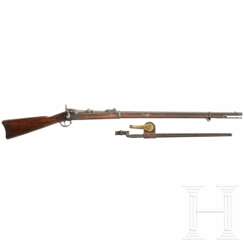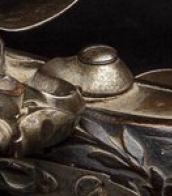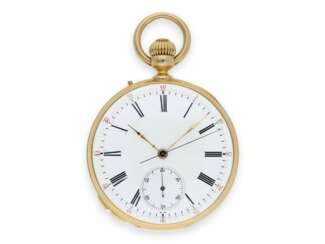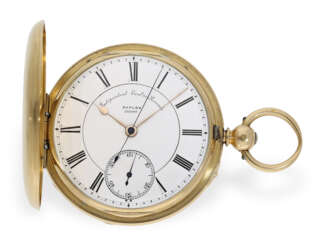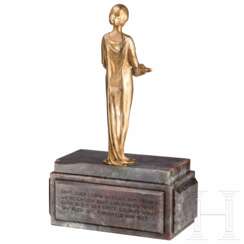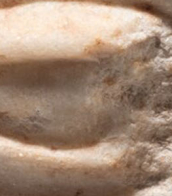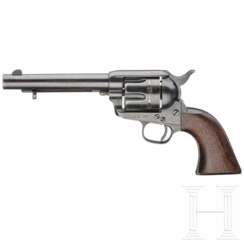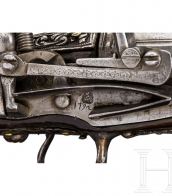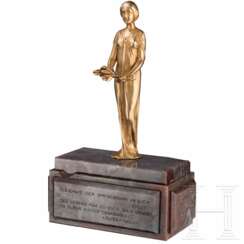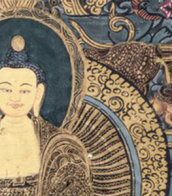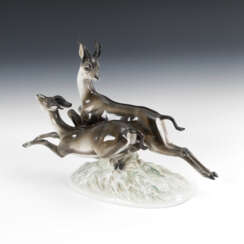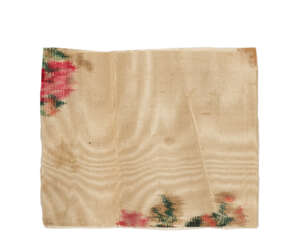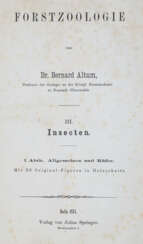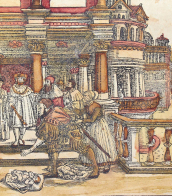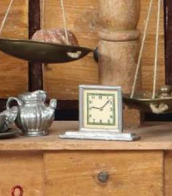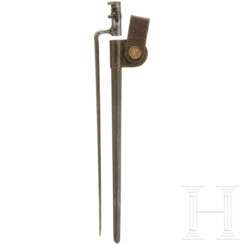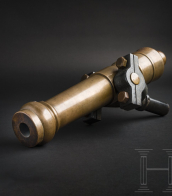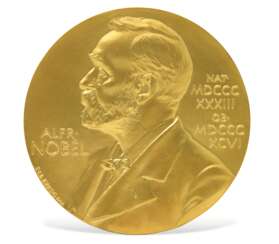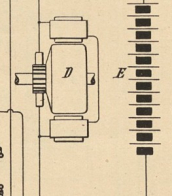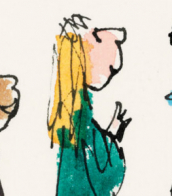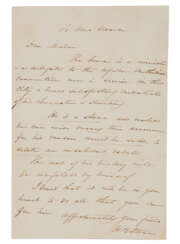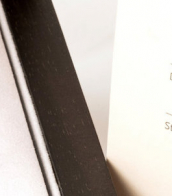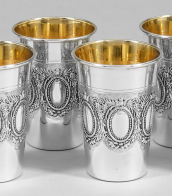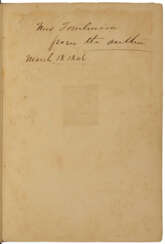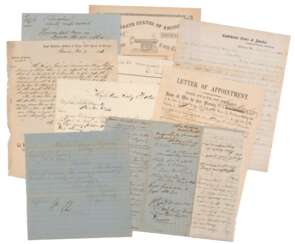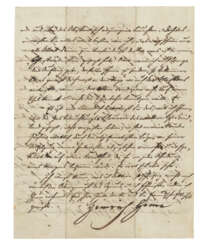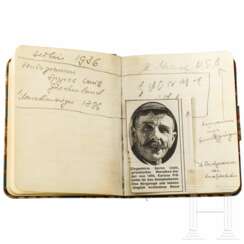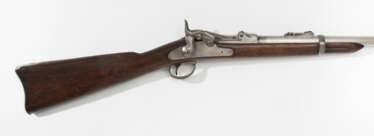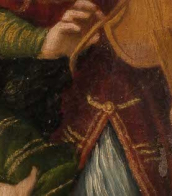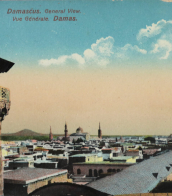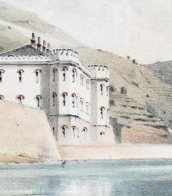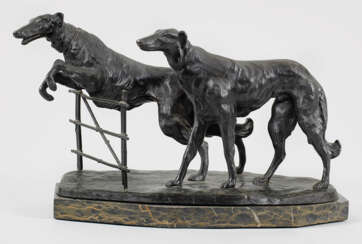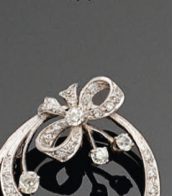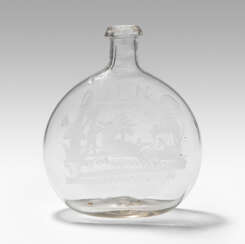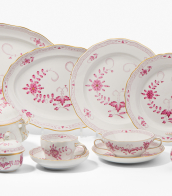spring 1873
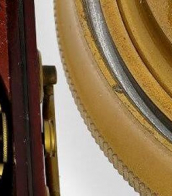

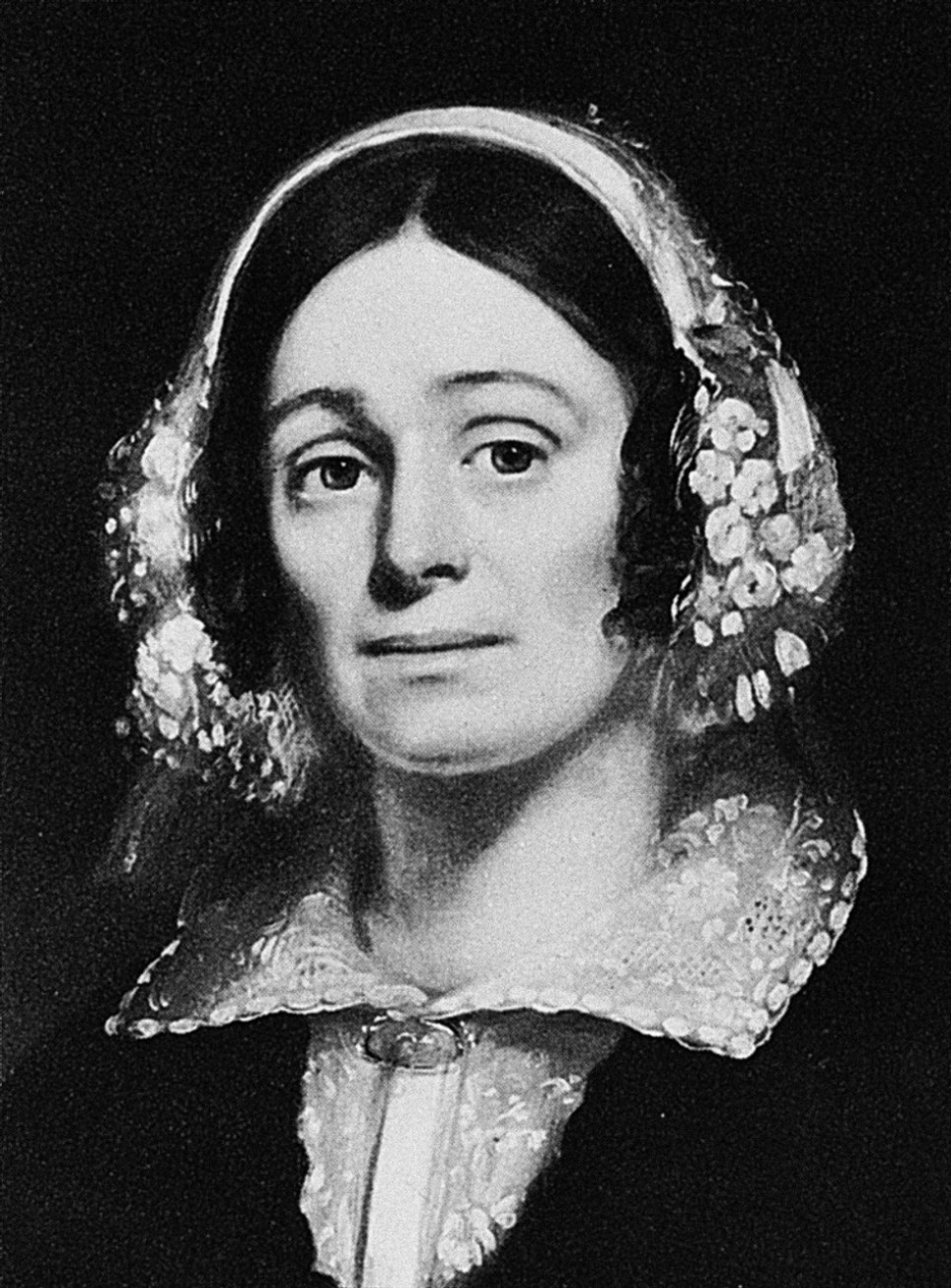
Laura Keene, born Mary Frances Moss, was a British and American stage actress and theater manager.
Mary made her London debut in 1851 as Laura Keene, joining the Madame Vestris Theater Company, where she soon became well known in comedies and feuds. In 1852, Keene arrived in New York City, where she performed with the troupe of James W. Wallack, a year later at the Charles Street Theater, and in 1854 in San Francisco. Here she had already begun staging her own productions.
In 1855, Keene returned to New York to play at the Metropolitan Theater, which she renamed the Laura Keene Variety Theater, and built her own theater. Within eight years she was a major theater producer and director at her theater. Laura Keene's productions were an enduring success, attended by distinguished audiences and fans. But once during her performance there was a tragedy that shook the whole country.
April 14, 1865 at Ford's Theatre in Washington, D.C. was a performance of Laura Keene's company "Our American Cousin", where President Lincoln and his wife Mary Todd Lincoln were present. Actor John Wilkes Booth shot and mortally wounded President Lincoln, then fled the theater. Laura Keene snuck to the presidential box and placed the mortally wounded president's head in her lap. The blood-stained cuff was later donated to the National Museum of American History. Laura Keene welled up Booth and later identified him under questioning.

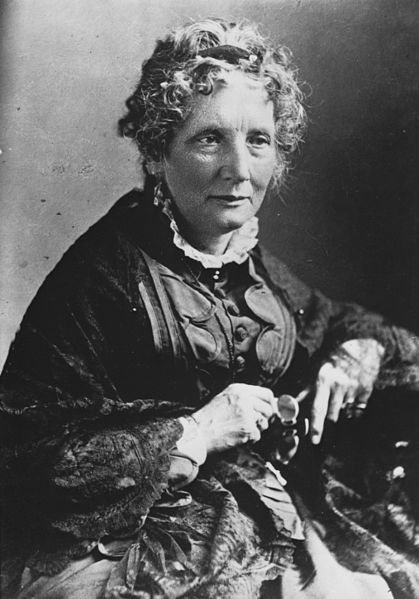
Harriet Beecher Stowe, full name Harriet Elisabeth Beecher Stowe, was an American writer and poet, an activist for the eradication of slavery in the country.
Beecher Stowe is the author of the world-famous novel Uncle Tom's Cabin. Published first in a newspaper and first published as a book in 1852, it aroused widespread anger in the country and galvanized the fight against slavery in the southern United States. This novel was later reprinted many times in all languages of the world and has been screened more than once.
In her youth, Beecher Stowe received an academic education, wrote poetry, notes and essays on social topics. In addition to "The Shack", she wrote several other novels and was engaged in teaching.
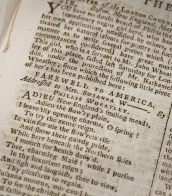
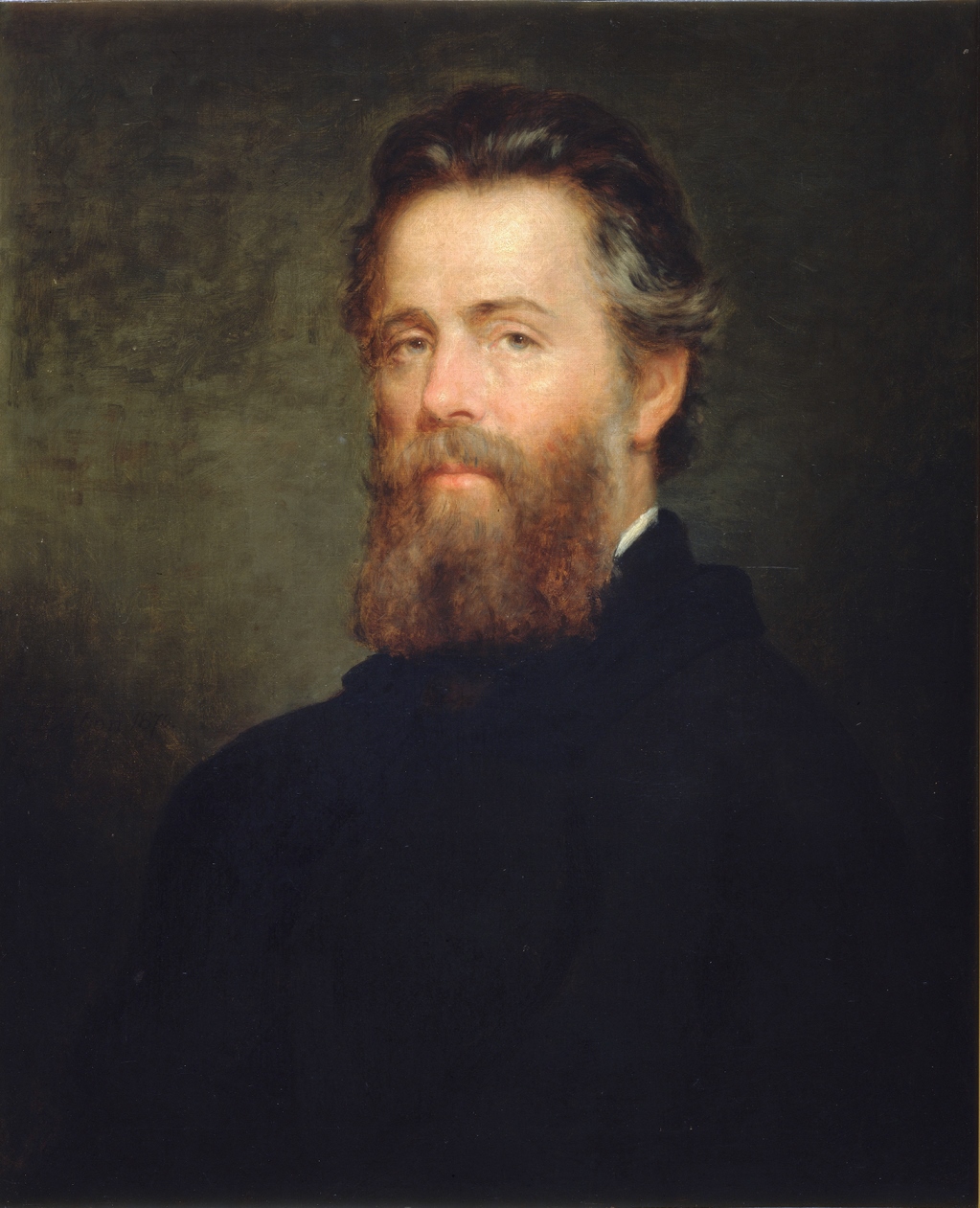
Herman Melville was an American writer, poet, and sailor.
Melville's hardship-filled youth ended on a whaling ship. He returned from his adventures in the South Seas in October 1844, and wrote "Taipi" the following spring. The book was based on the events surrounding Melville's desertion from the whaling ship Acushnet in 1842 and subsequent adventures in the Marquesas Islands.
Melville wrote several other novels and short stories and many poems, but during his lifetime his works were little appreciated by his contemporaries. Only in the 1920s began to rethink Melville, and he was recognized as a classic of world literature. World fame Melville already in the 20th century brought irrational novel "Moby Dick".


William Shakespeare was a British poet and playwright and writer.
William's father, John Shakespeare, was a merchant and official in Stratford. There are reports that he was a sailor for a time before joining a theater company in London. Beginning in the 1590s, Shakespeare began writing plays, and in 1593 he published a poem, Venus and Adonis, which became popular. He dedicated it to the Duke of Southampton, who was a philanthropist and patron of talent, and soon his business was booming.
From 1592 to 1600 Shakespeare wrote his dramas and romantic comedies "Richard III", "The Taming of the Shrew", "Romeo and Juliet", "A Midsummer Night's Dream" and "The Merchant of Venice", as well as the comedies "Much Ado About Nothing", "Twelfth Night" and the tragedy "Julius Caesar". The playwright's business was so successful that he even bought a large house in Stratford. In 1599, Shakespeare became one of the owners, playwright and actor of the new theater "Globe". In 1603 King James took Shakespeare's troupe under his direct patronage. In the mature period, the great playwright turned to tragedies, there were "Hamlet", "Othello", "King Lear", "Macbeth" and others.
Although in the 19th century researchers had some doubts about the authorship of many of these works, William Shakespeare is considered the greatest English playwright, one of the best playwrights in the world. His plays have been translated into all major languages and to this day form the basis of the world theatrical repertoire, most of them have been screened many times. According to the Guinness Book of Records, Shakespeare remains the world's best-selling playwright, and his plays and poems have sold more than 4 billion copies in the nearly 400 years since his death.

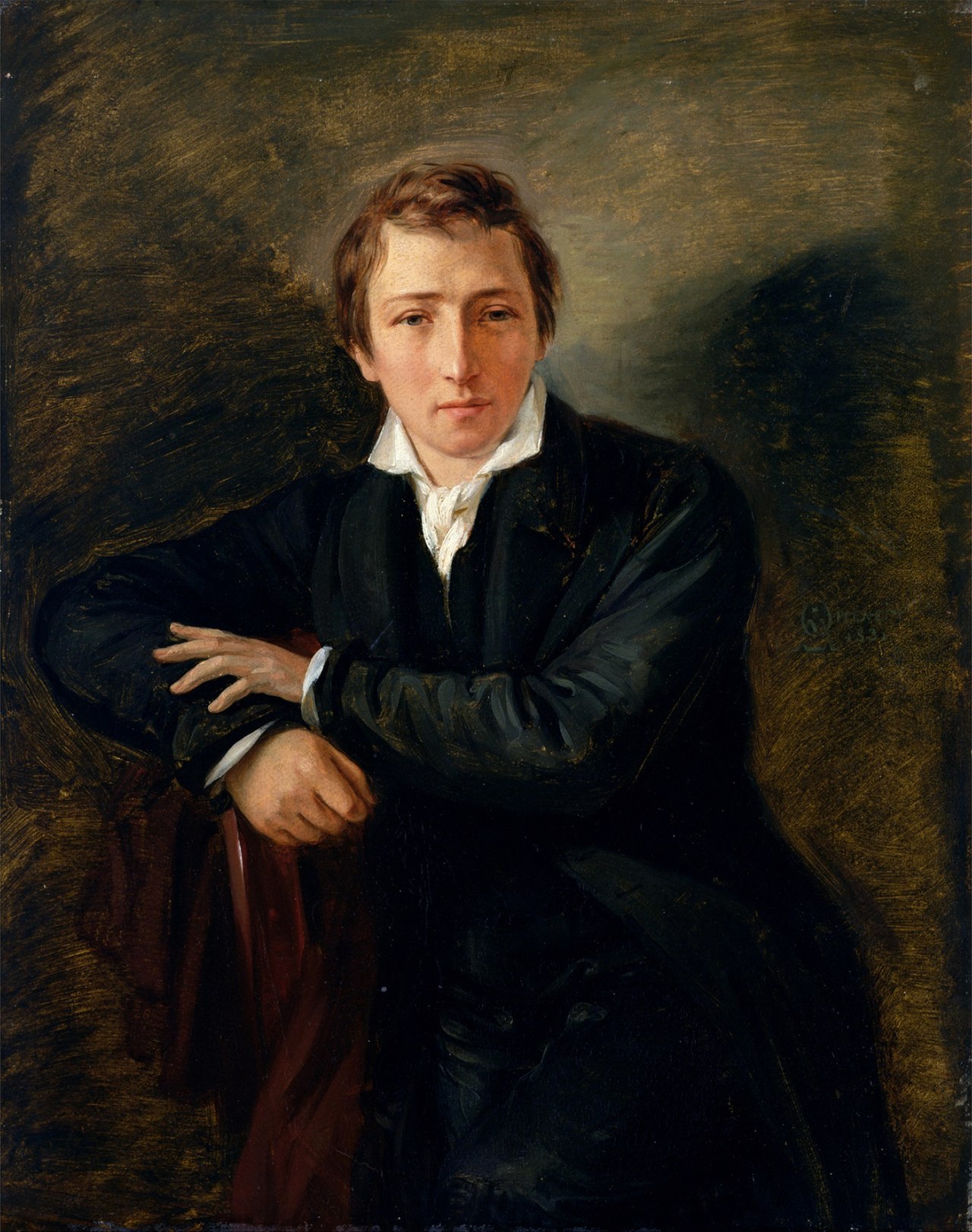
Christian Johann Heinrich Heine was a German poet and writer, known for his lyric poetry that has been set to music as Lieder by composers such as Schumann and Mendelssohn. Born as Harry Heine in Düsseldorf, he later became one of the most significant figures in German Romantic literature. His works exhibit a range of themes, from the humorous to the serious, and he is celebrated for making the language of everyday life suitable for poetry.
Heine's contributions to literature go beyond poetry; he was also a journalist and essayist. His prose works, like "Reisebilder," mix travelogue with literary critique, and his sharp wit and satire often targeted the social and political issues of his time. These features made him a pioneering figure in the transition from German Romanticism to Realism.
In museums, Heine's original manuscripts and early editions of his works are prized possessions. They connect collectors and literary enthusiasts to a pivotal era of literary change. For those who cherish the romance of words intertwined with the authenticity of history, seeking out Heine’s works can be a rewarding endeavor. Explore his literary artistry and consider adding a piece of his legacy to your collection.

